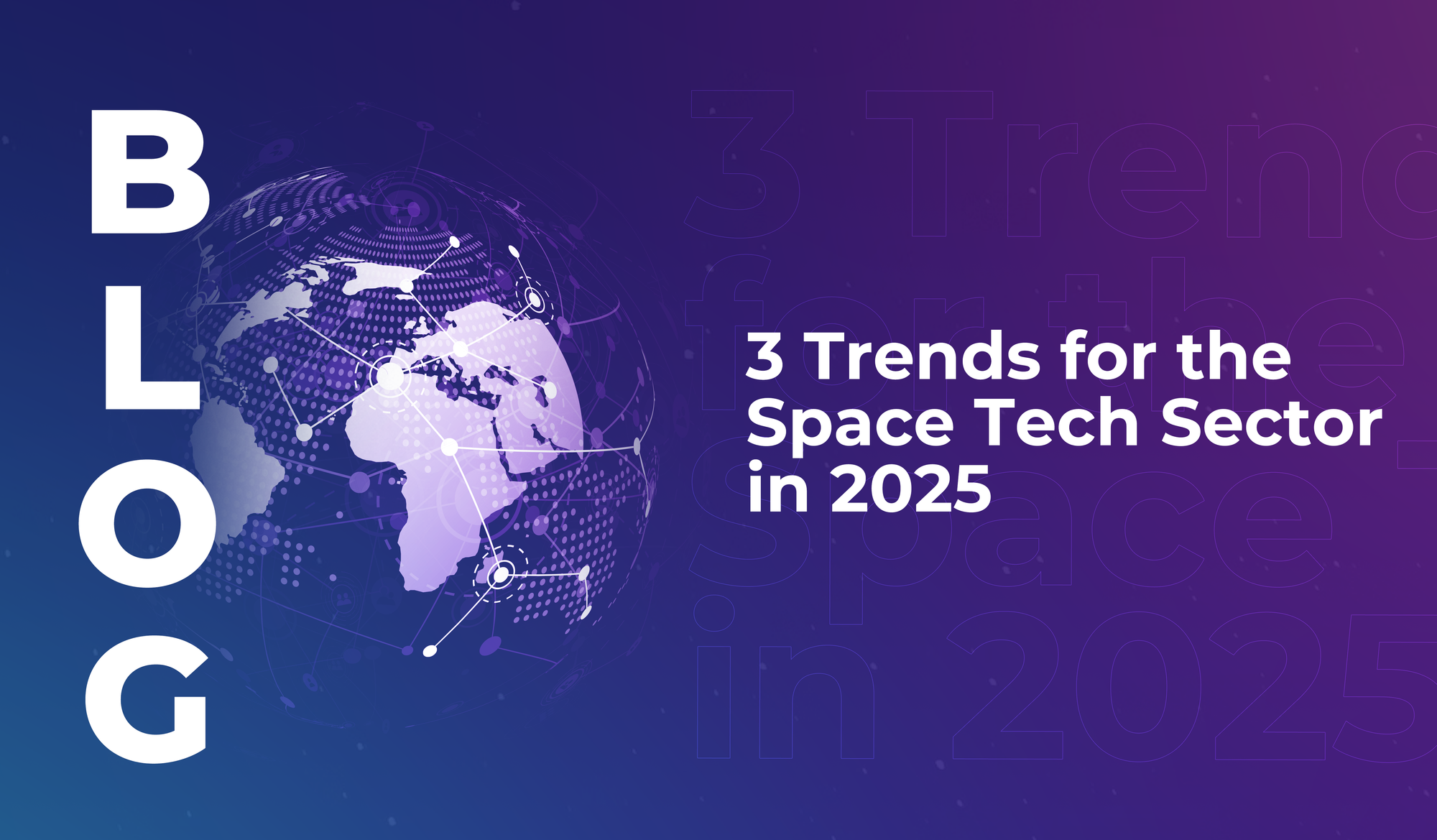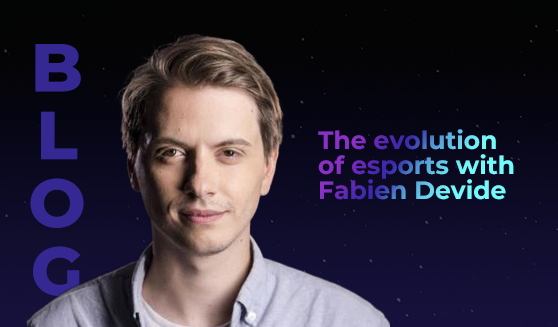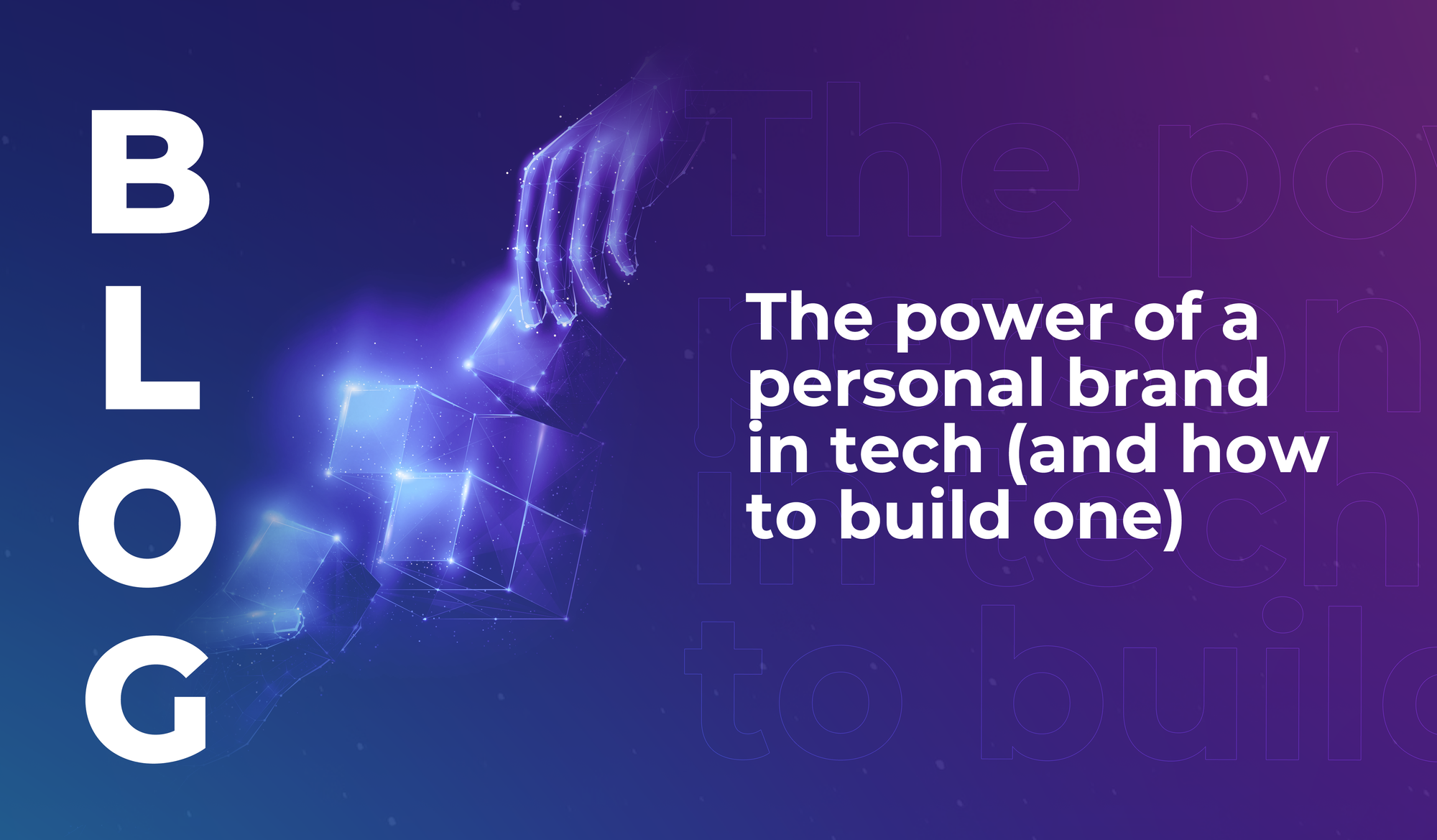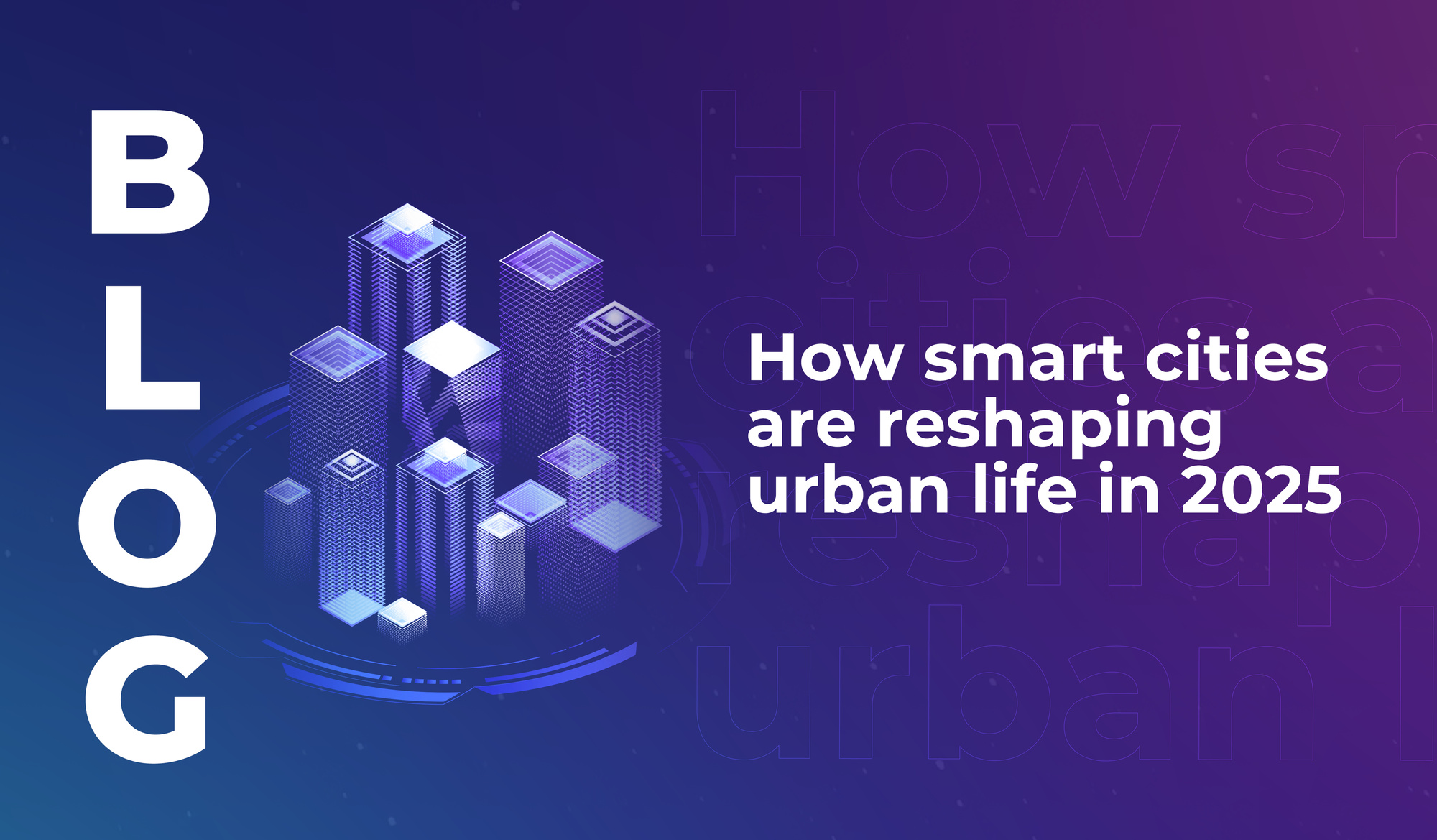
3 Trends for the Space Tech Sector in 2025
From private sector growth in the space industry to next-generation space vehicle launches and deep space exploration, 2025 will be an exciting year for space technology.


Last year, esports club Team Vitality celebrated a decade in the industry – and over that time it has been part of seismic changes in the popularity and scope of the esports market. Back in 2013, the esports market was just beginning to find its place, carving out a space at the intersection of tech and sports.
Over the ten years since, technological developments have combined with increased accessibility and rapid growth in the number of fans who are actively engaged with esports teams – enabling esports to become a global success story, and bring people together from all over the world.
We asked Fabien ‘Neo’ Devide (Co-Founder and CEO at Team Vitality) how his mission has evolved over the years – from modernising esports to putting esports at the service of important social causes.
“I started in esports as a volunteer with an association, and then with my own association team. At first, I had no idea that it would become my career. I continued my studies on the side in a sector that I'm just as passionate about – cinema.
“My first job as an editor gave me the opportunity to work on films and series’, and gave me this passion for entertainment. It was during this period that I met my partner Nicolas Maurer (Co-Founder and CEO of Team Vitality).
“Alongside this professional life, I set up my first company, Team Vitality, with the ambition of making it the best esport club in the world. It wasn't until esports started to take off that I pivoted 100%. After that, things moved very quickly for the organisation and, in turn, for me.
“I was lucky enough to be included in the prestigious Forbes ranking of people under 30 to be reckoned with. In less than ten years we've managed to make our French club one of the most important organisations on the international scene.
“As Team Vitality has developed, I've always tried to use my voice to deconstruct stereotypes about esports and video games in general. On a daily basis, I defend the values of sport and esports. And I fight cyberbullying on social networks via different associations.”
“When we arrived 10 years ago, our mission was to modernise the esports of the 2000s. Team Vitality's strength was our transparency, and our desire to create good storytelling with entertainment,and finding the right balance between creating entertaining experiences for fans and winning esports competitions.
“Once we were established, the second stage was professionalisation. We set standards for drawing up contracts for players so that they could be safe and paid what they were worth. It sounds simple, but at the time it was a major step forward.
“Today we are entering a phase of structuring our model and maturity. The club, driven by its top performance project, has solid financial backing. This support has enabled us to raise significant funds to develop our organisation into a world leader in its sector. We can now put our organisation at the service of great causes, such as mental health, with our KARE project, and the development of women's esports, with our women's League of Legends team Vitality Rising Bees.”
“Firstly, it is the combination of international sporting achievements and extremely committed fans that makes the club particularly attractive to brands. This is a godsend for brands that manage to capture the attention of an audience that is difficult to capture because of its content consumption habits. The partner companies and the club work together to build the best experiences to take esports fans on immersive adventures.
“Secondly, I would say that the club is surrounded by partners who are leaders in their respective sectors, sharing the same values of performance, innovation, authenticity and passion. In 2024, Team Vitality starts the year with fourteen partners, and four renewals with the club. This strong commitment is unique in the sector, and these renewals are an important marker for Team Vitality, which keeps partners at the heart of its strategy.”
“In the early years, you need to be a little reckless in making risky decisions, and a lot more adaptable in dealing with any type of situation. Secondly, you need to be passionate about what you do, so that you don't give up at the first sign of failure. And finally, you need to have as little ego as possible, to be able to change tack quickly if a project doesn't work out.”
“I'm looking forward to sharing my experiences with others. It's moments like that that keep you open-minded and nurture your creativity. I think that to be a modern entrepreneur, you have to be able to get out of your comfort zone. That means travelling, discovering new cultures and meeting people from outside our industry.”
Thanks to Neo and Team Vitality. You can learn more from all our speakers in-person at LEAP every year – don’t miss the next event.

From private sector growth in the space industry to next-generation space vehicle launches and deep space exploration, 2025 will be an exciting year for space technology.

We ask personal branding expert Maha Abouelenein (Founder and CEO at Digital and Savvy) if every tech founder and CEO should build a personal brand. The short answer is yes.

Discover the key drivers of positive smart city development, including collaboration, data literacy, and a sharp focus on sustainability.

From private sector growth in the space industry to next-generation space vehicle launches and deep space exploration, 2025 will be an exciting year for space technology.

We ask personal branding expert Maha Abouelenein (Founder and CEO at Digital and Savvy) if every tech founder and CEO should build a personal brand. The short answer is yes.

Discover the key drivers of positive smart city development, including collaboration, data literacy, and a sharp focus on sustainability.